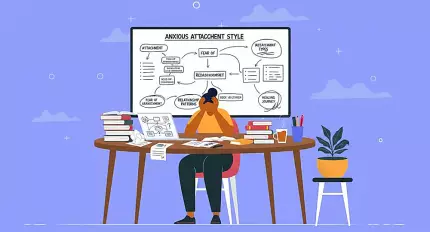Remote Learning: The Future of Education
- 17 January 2023

Remote learning has become the new normal in today's world. With the COVID-19 pandemic, students, teachers, and institutions have been forced to transition to digital education, and the results have been impressive. Remote learning is not just a temporary solution but a new way of learning that is here to stay.
What are Remote Courses?
Remote courses are online classes where students can attend classes and complete coursework from the comfort of their homes. These courses are designed to provide students with the same level of education they would receive in a traditional classroom setting. They use a combination of videos, readings, virtual classrooms, and other interactive tools to deliver quality education to students.
Benefits of Remote Courses
- Flexibility: Remote courses offer students the flexibility to attend classes at their convenience, whether that be early in the morning or late at night. They also allow students to pause, rewind, or review lectures as needed, making it easier to grasp complex concepts.
- Affordability: Remote courses are often more affordable than traditional classroom courses, saving students money on tuition fees and travel costs.
- Increased Access to Education: Remote courses make education accessible to students who are unable to attend traditional classroom settings, such as those who live in remote areas or have disabilities.
- Diverse Course Options: Remote courses offer a vast array of courses that are not typically available in traditional classrooms. This means that students can access courses from top universities around the world, opening up new opportunities for learning and career advancement.
Challenges of Remote Courses
- Technical Difficulties: Technical difficulties, such as slow internet connections or outdated software, can cause disruptions in remote courses.
- Lack of Interaction: Remote courses can lack the personal interaction that is often found in traditional classrooms. This can make it harder for students to build relationships with their peers and instructors, and can also make it more difficult to ask questions or receive feedback.
- Distractions: The distractions of a home environment can make it challenging for students to focus on their coursework.
In conclusion, remote courses are here to stay and are revolutionizing the way we learn. With the convenience, affordability, and diverse course options they offer, remote courses are becoming an increasingly popular choice for students. However, there are challenges to overcome, and it's up to both students and institutions to work together to overcome these challenges and make remote learning a success.




